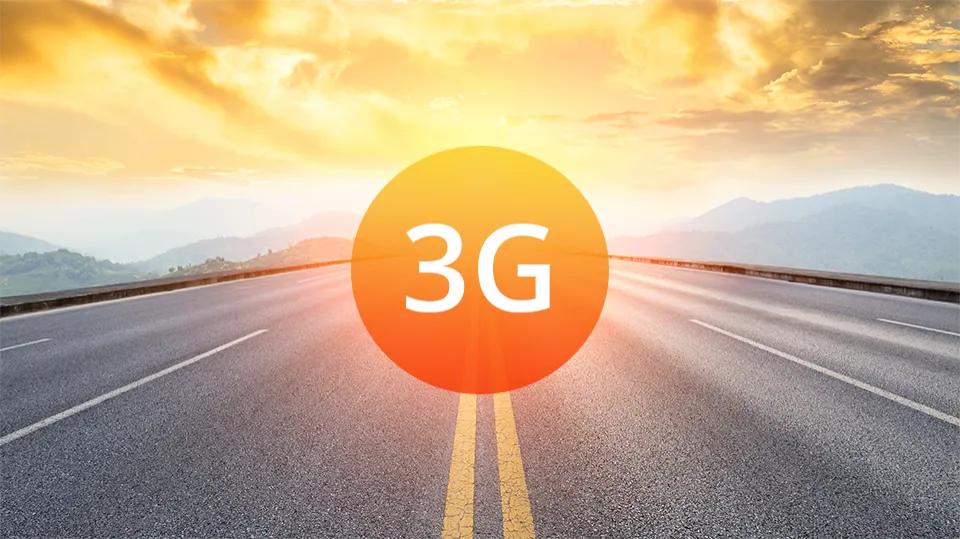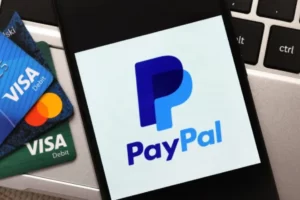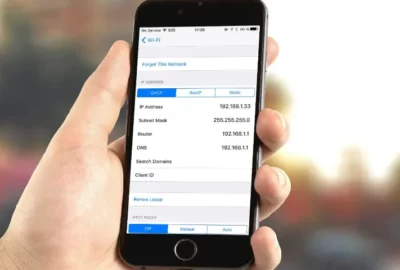What Does 3G Mean? Here’s Everything You Need to Know
3G is an increasingly dated technology, it’s worth understanding what does 3G mean, and by understanding 3G you’ll also understand the basis of 4G and 5G – which are both far more modern technologies.
3G refers to the third generation of cellular technology that enables mobile telephony. Compared to their 2G predecessors, 3G networks offered significantly higher data rates and bandwidths
In this article, we explore the question of “what is a 3G network” and what 3G means to both consumers and enterprises around the world.
What Does 3G Mean?
3G actually stands for third generation, as it is the third type of access technology that has been made widely commercially available for connecting mobile phones.
Therefore, it’s used to give phones signal so that you can call, text, and access the internet, and the underlying technology is very similar to 4G and 5G.
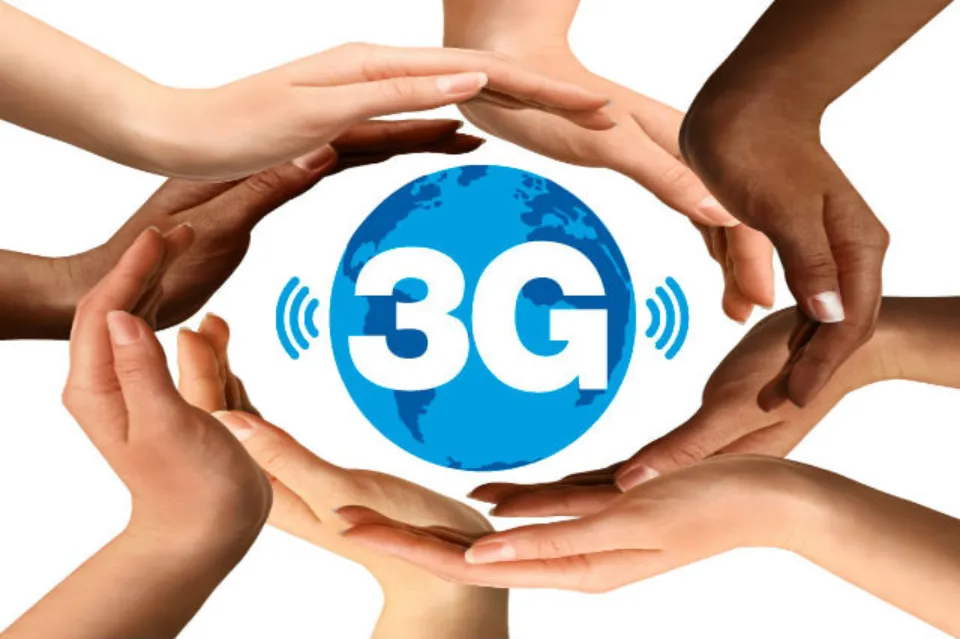
3G signals – which use spectrum in various different frequency bands – are passed from phone tower to phone tower, and then the tower nearest the phone passes the signal to it.
This is the reason that the number of phone towers in the UK has increased so quickly; these towers make sure that a strong and consistent signal is available everywhere. Additionally, it implies that there may be service interruptions as you move, as the signal changes from tower to tower, and as you move too far away from a tower.
Related Reading:
How Fast is 3G?
3G offers speeds that are several times faster or higher than any of its predecessors, including the short-lived 2.5G network which offered internet connectivity. 3G speeds are high enough to allow for audio and video streaming.
What particular speeds does 3G offer, though? Remember that the tower networks and unique capabilities of the provider determine the precise speeds. According to some estimates, 3G offers a real-world maximum speed of 7.2 Mbps for downloads and 2 Mbps for uploads.
In comparison to 4G or 5G networks, these numbers may not seem impressive right now, but there are times when 4G technology is simply not available. 3G is the pre-selected option in these circumstances.
In most instances, 3G is more than capable of providing a stable network connection for tasks including calls, web browsing, and video and audio streaming. For more 3G speed information, keep reading:
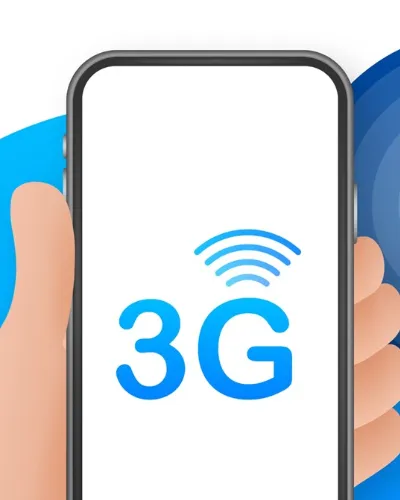
What is 3g Used For?
There are a number of use cases and applications for 3G technologies:
- Mobile networks. The radio access technology platforms and mobile networks that use them most frequently use the 3G standard.
- smart phones, also known as mobile phones. Mobile phones, which offer basic voice and text connectivity, as well as smartphones, which give users more options for data access and transfer, are the most popular 3G devices. 3G-enabled smartphones helped drive development and adoption of mobile internet sites.
- Mobile broadband routers. Mobile broadband routers that support the 3G standard can enable internet connectivity for endpoint devices that are connected to the router — either via a wire or Wi-Fi — for both residential and commercial use cases.
- Computer modems. 3G For devices without access to Wi-Fi or a wired network connection, USB modems for laptop computers allow cellular connectivity.
- Cellular backup. A cellular backup option is occasionally offered in a variety of devices, including wired routers and home alarm systems. In the event of a failure, cellular backup enables the device to continue functioning using a fixed wired connection as the primary connectivity.
- Telematics. 3G is widely deployed to enable telematics applications for the automotive industry, enabling vehicles to share information for transportation and fleet management use cases.
Why is 3G Important?
There are at least three reasons by 3G is still relevant today – even with the wide-spread use of 4G and rapidly emerging use of 5G networks.
For starters, with a staggering 87% coverage of the world’s populated areas, 3G continues to be the most widely used internet on the planet (PDF).
Second, stability frequently has a higher priority than internet speed. Users benefit from using a reliable 3G network connection when 4G network connectivity is constrained or unreliable. Instead of attempting to maintain a 4G connection, the stability enables browsing and performing online tasks at a reasonable pace.
Third, 3G can make more sense from an efficiency standpoint. 3G tends to use less energy, especially if one is not constantly switching between 3G and 4G due to connectivity fluctuations. Switching to 3G can be ideal if preserving the battery life of your device is crucial, as might be the case in an emergency.
Differences Among 3G, 4G and 5G
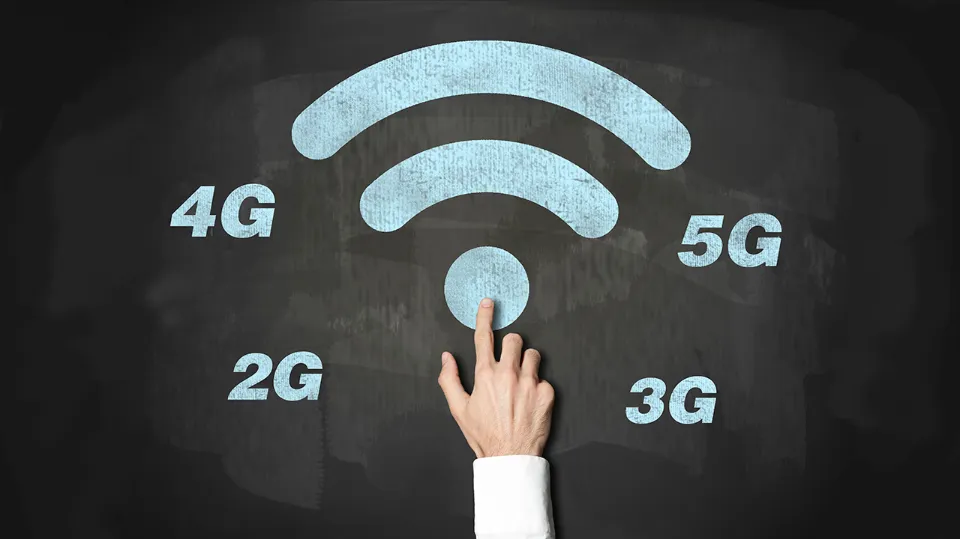
The 3G, 4G, and 5G standards all have some significant distinctions from one another. The most important difference among 3G Vs 4G Vs 5G is that an increased peak speed is promised with each new generation.
Speed is not the only differentiator between platforms, though, as radio access technology also evolves, necessitating an upgrade in radio access devices and radio access technology from mobile phone network providers and users.
- 3G provides a peak speed of up to 14 Mbps and works at frequencies up to 2.1 gigahertz (GHz).
- 4G has a peak speed of up to 100 Mbps and operates at frequencies as high as 2.5 GHz. 4G technology includes multiple input, multiple output (Over 3G, speed and capacity are increased by using orthogonal frequency-division multiplexing (OFDM) and multiple input multiple output (MIMO).
- 5G has a theoretical peak speed of 20 Gbps and operates at frequencies as high as 95 GHz. 5G also offers the promise of reduced power consumption over its predecessor, which will enable more use cases, including embedded deployment for internet of things (IoT) devices.
For more information, keep reading:
Final Words: What Does 3G Mean
In conclusion, 3G is defined as the 3rd generation of mobile phone and data communication standards, featuring higher bandwidth for web-based applications and video.
Indeed, 3G‘s days are very numbered, with Only O2 and its MVNOs will have 3G coverage after EE and Three turn it off by the end of 2024. Vodafone plans to turn it off in 2023.
However, turning off 3G is a good idea because it frees up spectrum for use by 4G and 5G, which, as we’ve established, are much faster and better.
Read More: Is 3G Or LTE Better?
FAQs about What Does 3G Mean
What Are the Advantages of 3G?
- Greater security, dependability, and bandwidth.
- Between service providers; interoperability.
- Data rates that are both fixed and variable.
- Rates of asymmetries in data.
What Does LTE Mean?
LTE, which stands for Long Term Evolution, is also known as 4G LTE.
Which is Better 3G Or 4G?
4G, or the current standard of cellular networks, was released in the late 2000s and is 500 times faster than 3G.

